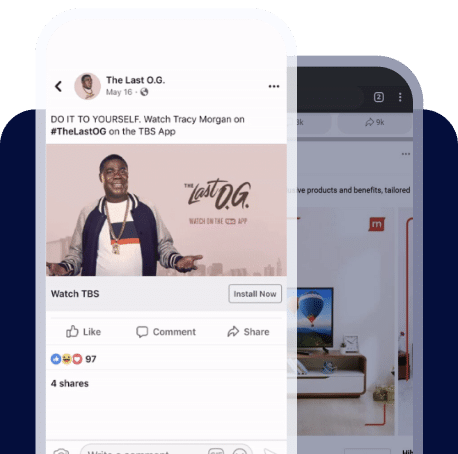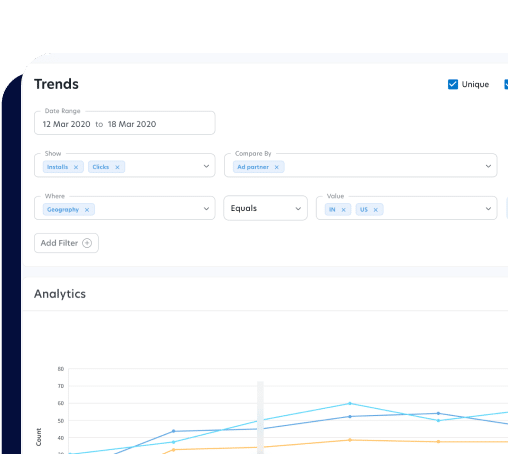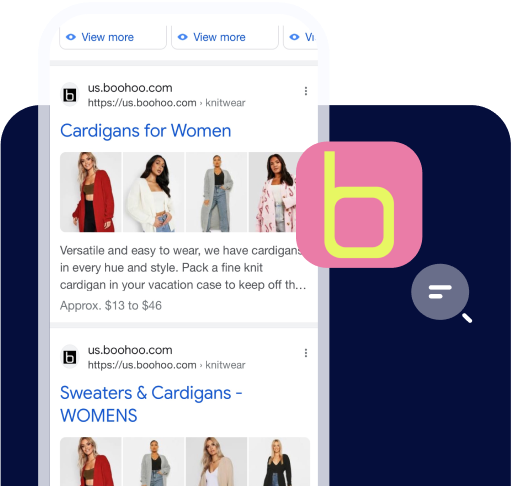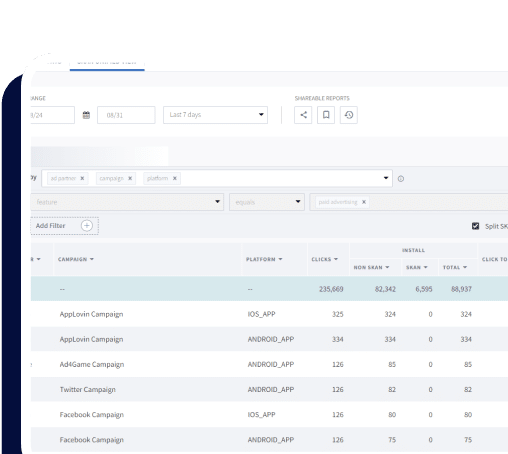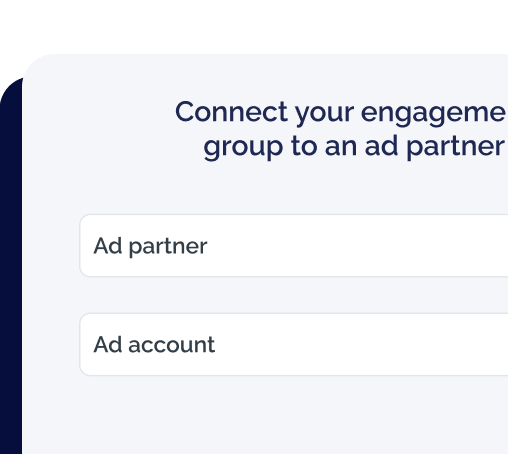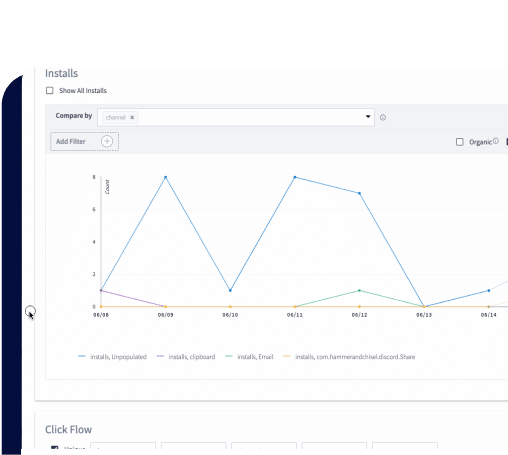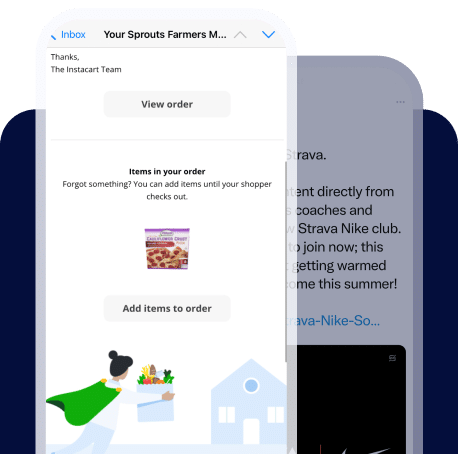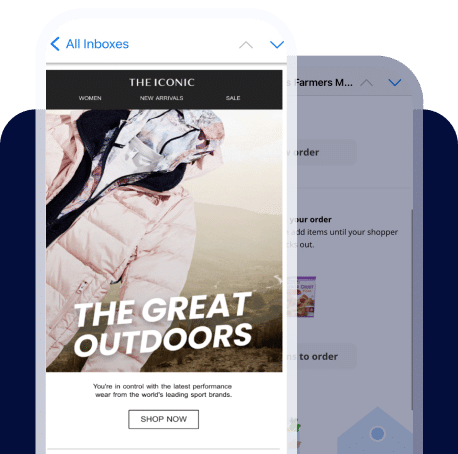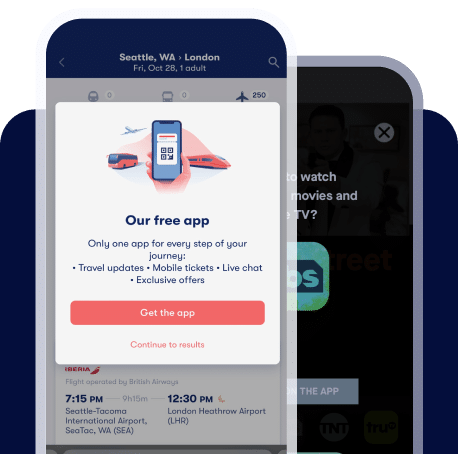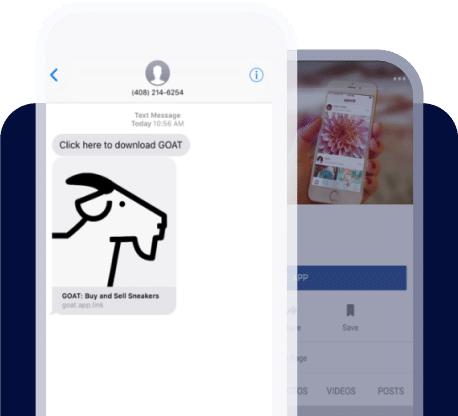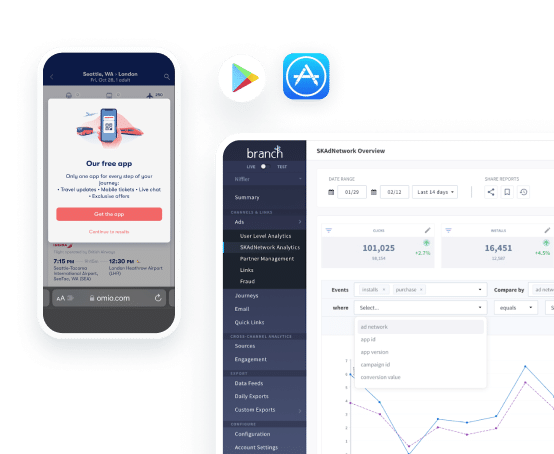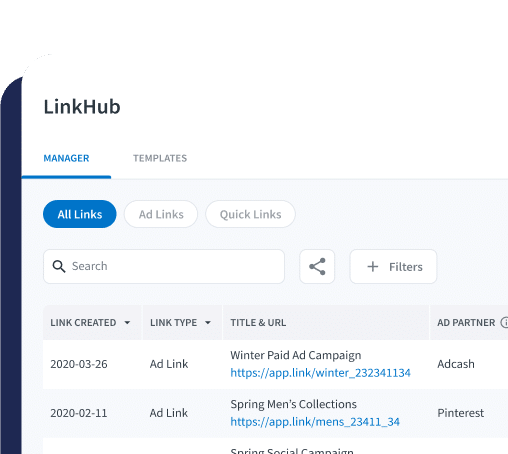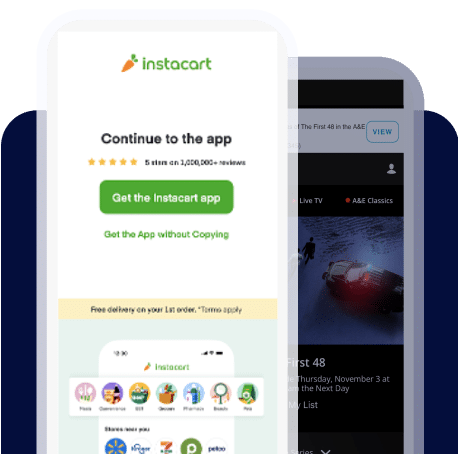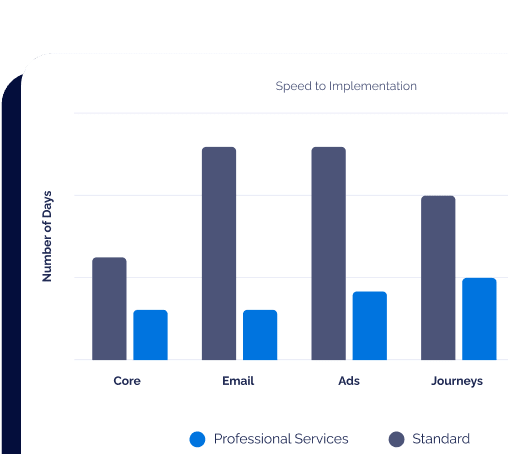What is mobile marketing?
Mobile marketing is a digital marketing strategy that aims to promote products, services, or brands to target audiences through mobile devices. Mobile marketers use various mobile channels and marketing tactics to engage consumers, grow brand awareness, acquire new customers, and boost loyalty.
Mobile marketing uses mobile devices such as smartphones, tablets, and wearables to reach and engage with consumers through various marketing strategies and techniques. It involves the use of mobile apps, mobile websites, short message service (SMS), multimedia message service (MMS), social media, and other mobile channels to promote products, services, or brands.
Types of mobile marketing
- Mobile apps: Mobile apps are software applications that run on mobile devices and can be downloaded from app stores. Companies use mobile apps to provide users with a convenient way to access their products or services.
- Mobile websites (mWeb): Mobile websites are designed to be responsive and easily accessible on mobile devices. Companies use mobile websites to provide users with quick access to information about their products or services.
- SMS/MMS: SMS and MMS are text and multimedia messaging services that are used to reach consumers directly on their mobile devices.
- Mobile advertising: Mobile advertising involves the use of mobile devices to display ads to users. Ads can be displayed on mobile apps, mobile websites, or through mobile search engines.
- Social media: Social media platforms like TikTok, Facebook, Twitter, and Instagram are increasingly being used for mobile marketing. Companies use social media to engage with their customers, provide them with updates, and promote their products or services.
Mobile marketing strategies
Successful mobile marketing strategies include:
- Onboard users
- Send users to specific places in the app via deep links or deferred deep links
- Utilize MLPs and MMPs to track data and correctly attribute traffic
- Harness the power of push notifications
- Provide a variety of incentives for users
- Use data and deep links in combination to deliver specific, relevant ads
- Develop mobile-specific web experiences
Mobile marketing techniques
The goal of a successful mobile marketing campaign is to develop long-term user relationships with a brand and their app. There are a variety of methods that brands can utilize in order to develop marketing campaigns that lead to long-term user engagement.
- Get users to the app: Employ a variety of techniques to attract users to the brand’s mobile app, including: web-to-app smart banners, QR codes, breaking users out of social media walled gardens, and desktop links.
- Positive engagement over complex onboarding: Ensure that a user’s first app experience is helpful and productive — don’t overwhelm users with onboarding and registration immediately. Use deep linking services to ensure that users are instantly presented with what makes the app valuable.
- Prove lasting value: Use targeted ads and messaging to remind users of the value that the app provides.
- Retain users with personalized experiences: Leverage customer data to provide users a personalized in-app experience. Personalization involves tailoring marketing messages to individual users based on their preferences, interests, location, and behavior.
- Re-engage users with push notifications: Send push notifications with a specific, personalized message re-engage your existing users. For example, Sephora sends push notifications to customers who added items to their cart but still needed to finalize their purchase.
Mobile marketing measurement strategies
A mobile measurement strategy is a marketing strategy based on the collection and processing of user data in order to determine customer behaviors and shopping patterns. Common KPIs include:
- Click-through rate: Click-through rate (CTR) measures the number of clicks an ad receives divided by the number of impressions. It is a good way to measure the effectiveness of mobile advertising.
- Conversion rate: Conversion rate measures the percentage of users who complete a desired action, such as making a purchase, filling out a form, or downloading an app.
- App downloads: App downloads are a good way to measure the success of mobile app marketing campaigns. They indicate how many users have downloaded a company’s app.
For more information on mobile measurement strategies, visit What Mobile App Events Should You Track With Your MMP?
With this information, brands are able to develop proactive marketing strategies that develop new user relationships and maintain user engagement, specifically via mobile.
Mobile measurements can be optimized through defining KPIs, understanding how to value users, and ensuring that a brand is leveraging all tools available for tracking.

